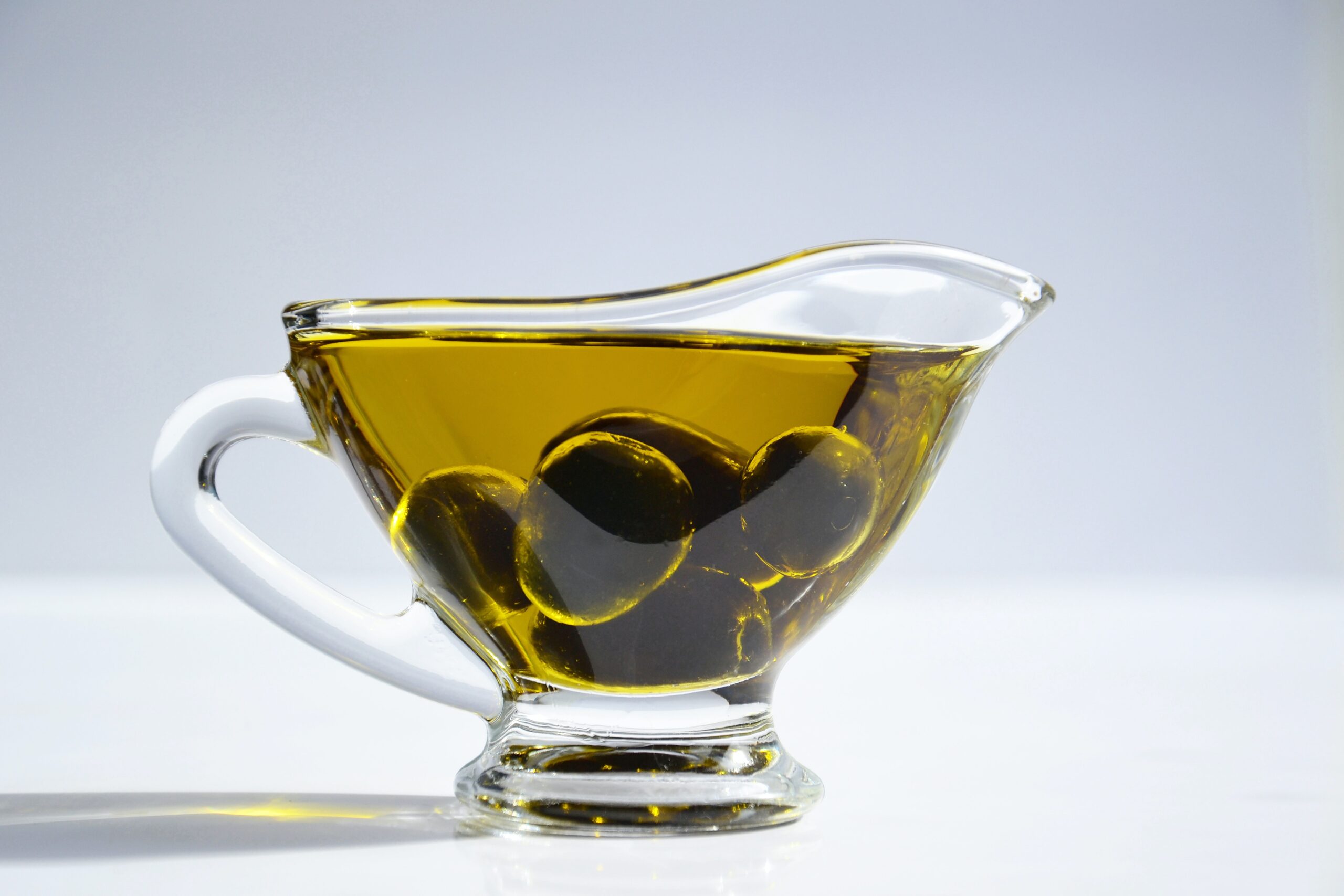
One of the most common nutrition questions I get, is what oil is best to use when cooking? When it comes to choosing healthy oils for cooking, it’s essential to consider their smoke points, fatty acid profiles, and potential health benefits. Here are some of the healthiest oils you can use for cooking.
1. Extra virgin olive oil: Extra virgin olive oil is a staple in Mediterranean diets and is rich in monounsaturated fats, which are heart-healthy fats. It has a relatively low smoke point, so it’s best for low to medium-heat cooking and for use in salad dressings and drizzling over dishes.
2. Avocado oil: Avocado oil is another excellent source of monounsaturated fats. It has a higher smoke point than olive oil, making it suitable for higher-heat cooking methods such as roasting and stir-frying.
3. Coconut oil: While this oil is high in saturated fats, it consists mostly of medium-chain triglycerides (MCTs), which may have some health benefits according to some studies. It has a moderate smoke point, making it suitable for baking, sautéing, and light frying. Because of its naturally sweet taste, I like using it for desserts.
4. Canola oil: Canola oil is low in saturated fat and contains a good balance of omega-3 and omega-6 fatty acids. It has a higher smoke point, making it suitable for most cooking methods, including frying. Some concerns have been raised about the processing methods used to extract canola oil, as it often involves high heat and chemical solvents. However, most commercial canola oil products are refined and undergo processes that remove impurities and neutralize the taste.
5. Grapeseed oil: Grapeseed oil is high in polyunsaturated fats, particularly omega-6 fatty acids. It has a high smoke point, making it ideal for stir-frying, sautéing, and baking. Grapeseed oil contains antioxidants, such as vitamin E which is beneficial for combating free radicals in the body and supporting overall health. It also has a has a mild, neutral flavor, making it a versatile option for cooking and baking without overpowering the taste of the dish.
6. Sesame oil: Sesame oil is rich in monounsaturated and polyunsaturated fats and has a distinct flavor. It’s best used as a finishing oil or for low-heat cooking due to its lower smoke point.
Remember that even healthy oils are calorie-dense, so moderation is key. Additionally, while these oils are generally considered healthy, individual dietary needs and health conditions may influence the best choices for specific individuals. Always consult with a healthcare professional or registered dietitian if you have any specific health concerns or dietary restrictions.